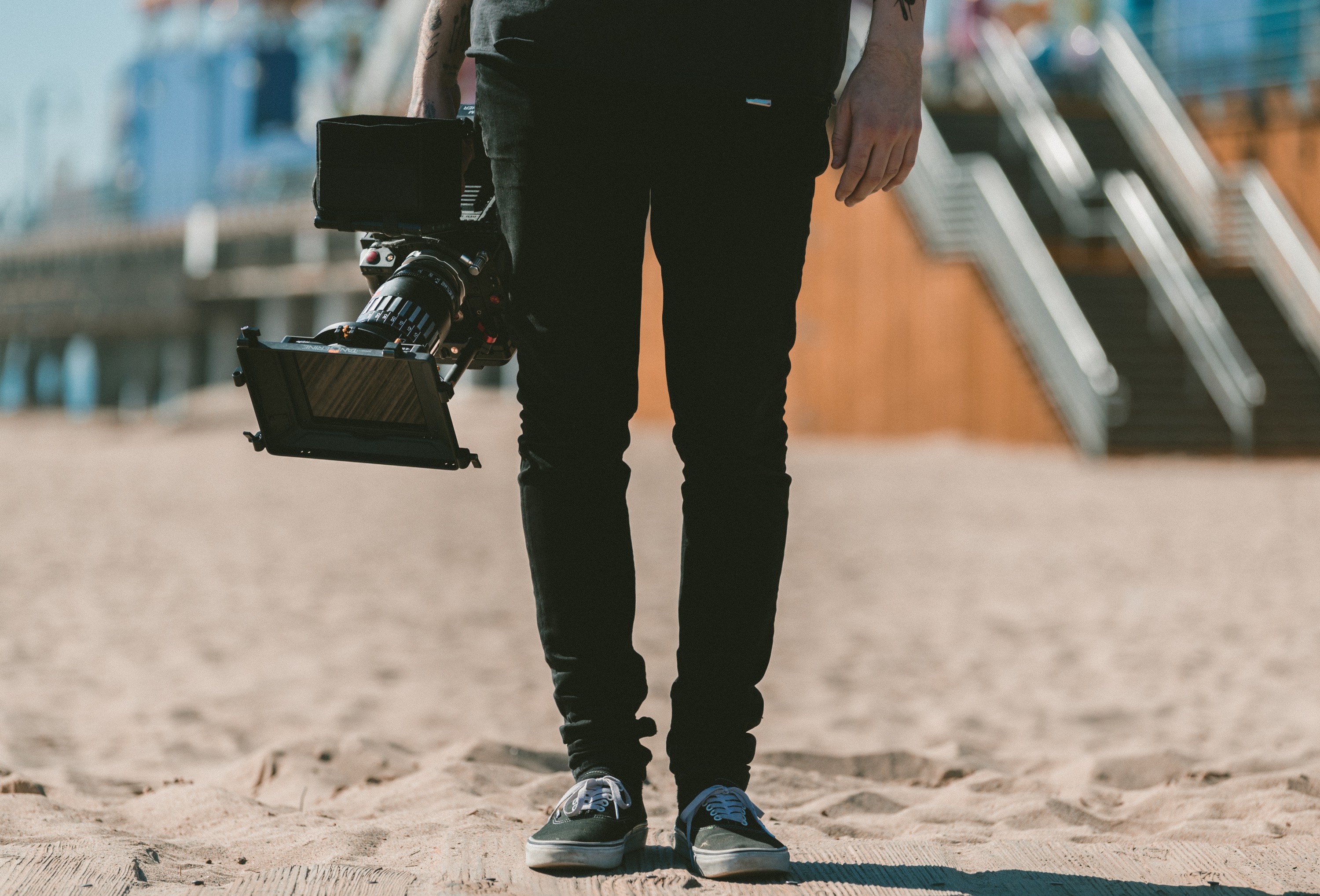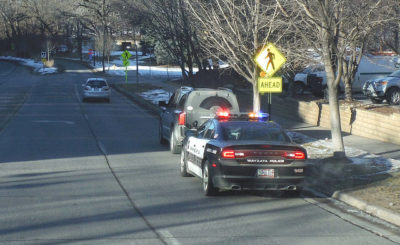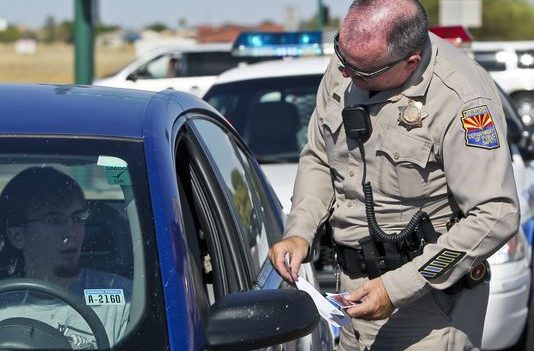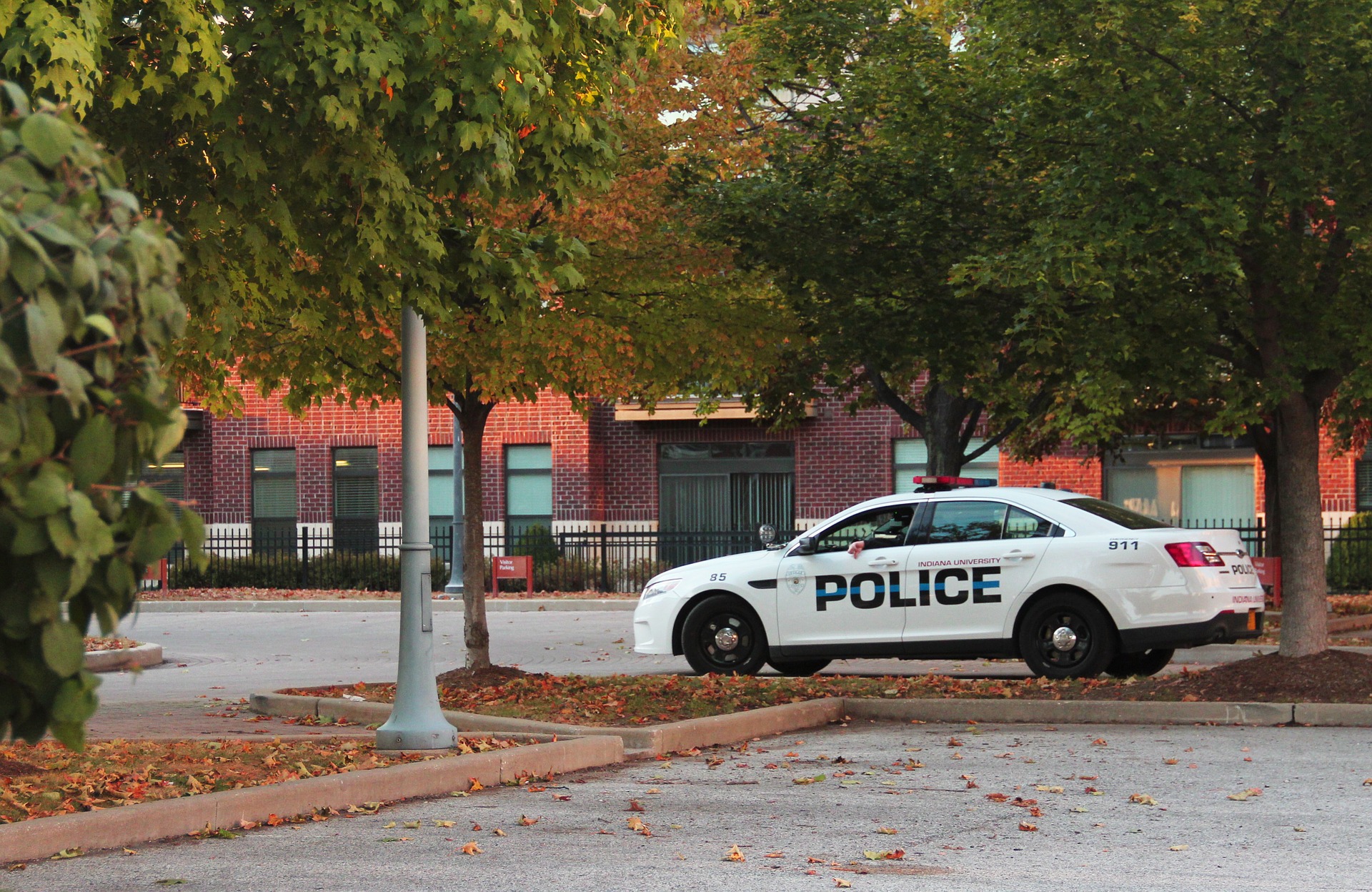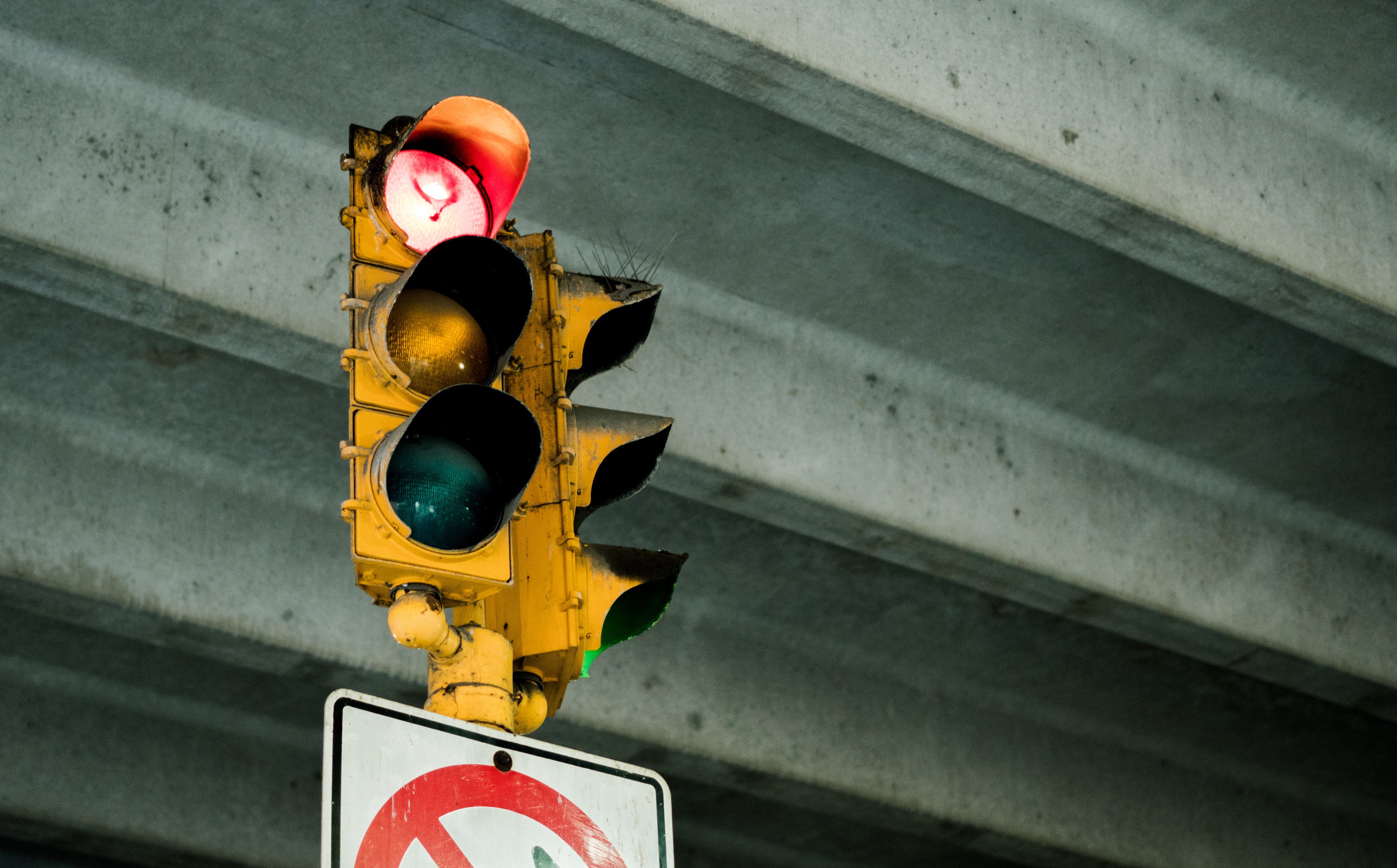Is it Legal To Film Police?
What Should You Do If Arrested for Filming Police?
Despite what many officers may inform citizens it is perfectly legal to film police in public doing their official duties. In the day and age of modern technology it has become extremely important to take photos or film police. Within the past couple of years the publics taking of photos and filming of police have helped prove the innocence of many citizens as a result of police brutality, and has at times even protected police from outrageous accusations. A citizen has the right to take pictures or record such things as transportation facilities, federal buildings, government officials, and police. Nearly all district courts (First, Third, Fifth, Seventh, Ninth and Eleventh) have indicated that bystanders are protected and may record police actions without persecution. That’s more than 60% of the US population allows citizens to film police without their consent, and the Supreme Court has refused to change any such decisions. In 48 of the U.S states the recording of police is protected by state law. 12 states (Nev., Fla, Cali., Penn., Conn., Ill.,NH, Washington, Mass., MD, Mont., Mich.) have statutes where consent is necessary to use machines to record others convos, but filming is permitted. Being on private property of course is much different. A private property owner is able to set restrictions on whether or not a person can film or take pictures on their property.
Is It Legal to Film Police? What Officers Are Prohibited From Doing
Moreover, police officers are prohibited from:
- Demanding to see your photos or films without a warrant.
- They can also not take possession of a person’s films, photos, photo taking tools such as cameras without a warrant.
- They also can not search a person’s cell phone when a person is arrested without a warrant.
- Police cannot delete any of your films or photos or they will face tampering felony charges
Is It Legal to Film Police? What Police Can Tell You To Do When Filming:
- Order citizens to halt any activities that are interfering with police operations, however such an order is open to scrutiny by the public.
If a police officer attempts to arrest or stop you from taking photographs and you are not being charged of trespassing or any other crime:
- Remain firm and polite
- Never physically fight, resist, or attempt to make physical contact
- Ask the officer if you are free to go. If they officer responds in the negative you are being detained. This means that the officer has some type of reasonable suspicion that crime may be afoot.
- Until you ask whether your free to go you being stopped is voluntary.
- If you are being arrested or detained ask the officer what your charge is and politely remind the office that it is your First Amendment Right to take photos and the act of doing so does not meet the standards of reasonable suspicion.
Remember, taking photos and filming police is legal. But, committing a crime such as trespassing to do so is still illegal and you can be arrested for that. You of course can always be arrested for interfering with police affairs as well. It is crucial that you stand at a reasonable distance from the police action so that you are not in the officer’s way when recording. If you would like info on how to report police for not allowing you to film or for any other misconduct check out How To File A Police Complaint.
